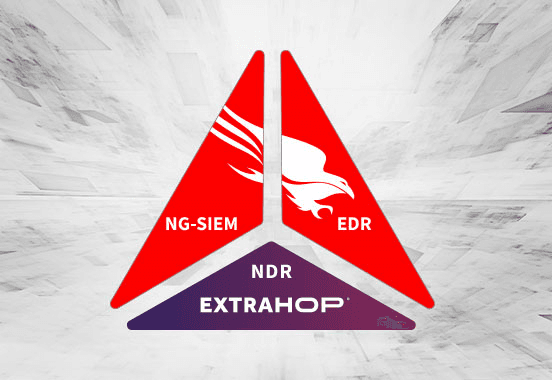Network Protocols Glossary
What is a network protocol? Protocols are the rules of the road for how data exists and moves on the network. They allow many different systems and computers to communicate.
Network Basic Input/Output System (NetBIOS) Protocol
What is Network Basic Input/Output System (NetBIOS) Protocol?
Widely used in the Microsoft Windows O/S for communication within a local area network for resolving device names to network addresses. Originally, NetBIOS ran over protocols like IPX/SPX. However, with the rise of TCP/IP, NetBIOS was adapted to run over TCP/IP using the NetBIOS over TCP/IP (NBT) protocol. Due to security concerns, it has been phased out of modern networks for more secure protocols like SMB and DNS.
What is the purpose of NetBIOS Protocol
NetBIOS operates at the session layer of the OSI model, providing services for application-level communication. It doesn't define how data is transmitted over the network but rather provides an interface for applications to interact with the network.
NetBIOS primarily offers three services:
- 1. Name Service: Resolves computer names into network addresses.
- 2. Datagram Distribution Service: Sends datagrams (connectionless messages) between computers.
- 3. Session Service: Establishes and maintains connections between computers for reliable data transfer.






